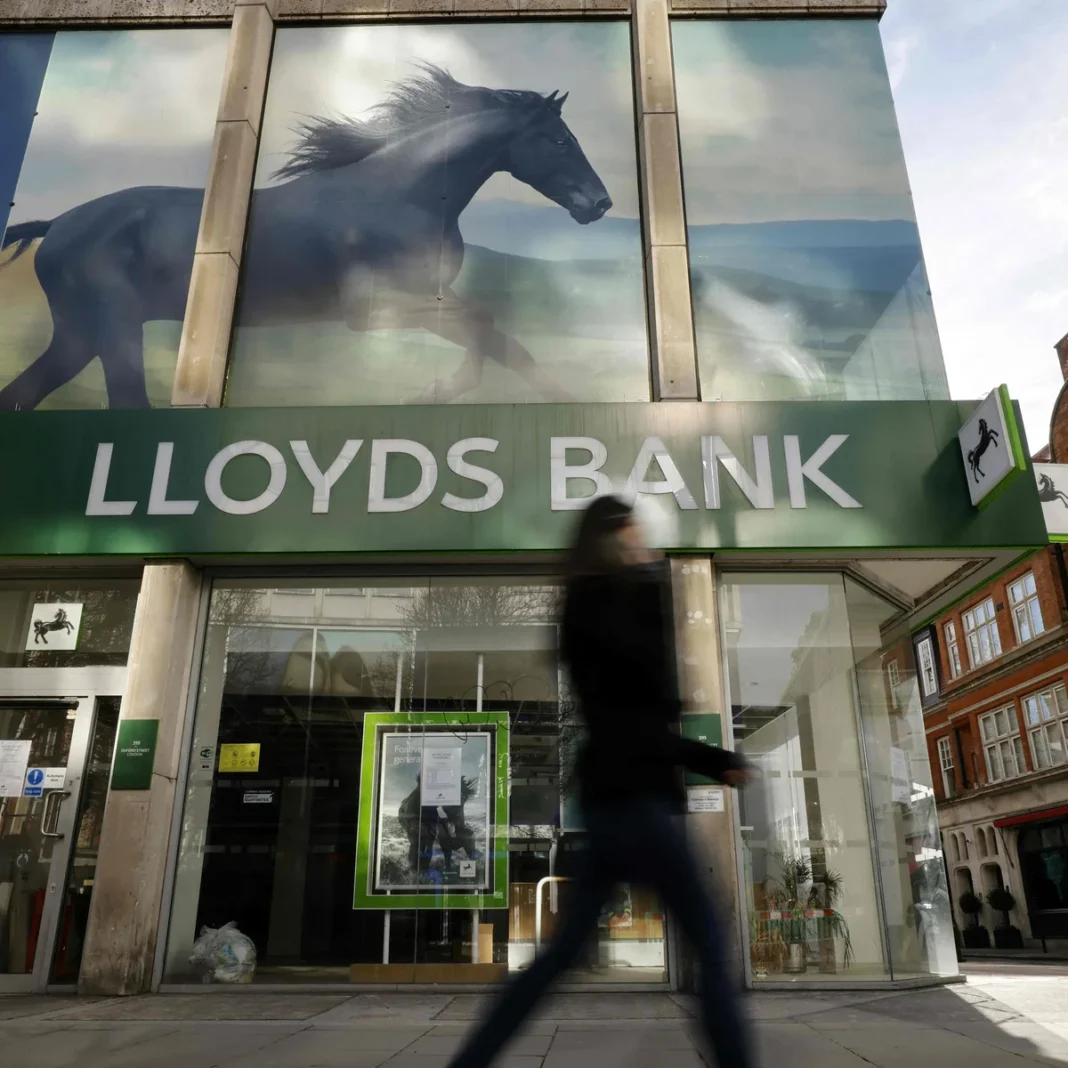Lloyds Bank is facing fresh accusations from whistleblowers and former business clients who claim the bank failed thousands of small firms by cutting back lending and driving companies into collapse following the 2008 financial crash.
The bank’s controversial Business Support Unit (BSU), which was intended to assist struggling firms, is now at the centre of the claims. Former customers say they were directed to the BSU under the guise of receiving help, only for their companies to be labelled as “distressed” and subjected to punitive measures that ultimately pushed them out of business.
A whistleblower who worked for a consultancy contracted by Lloyds told investigators there was a “pattern” of wrongly categorising firms as unsalvageable. “They probably weren’t distressed, they were salvageable,” the whistleblower said, adding that the bank appeared to pre-plan the administration of some businesses and ignored recovery plans.
Lloyds has strongly denied the allegations, stating that its BSU “supported many thousands of customers” and that previous investigations found the claims to be unsubstantiated.
After receiving a £20 billion taxpayer bailout in 2008, Lloyds along with other major banks was expected by the government to continue lending to small and medium-sized enterprises (SMEs). However, former Lloyds employee James Ducker, who sold financial products to businesses in 2009, described a shift in approach: “The approach to lending became do not lend. Beyond that, get as much money back that we’ve lent as possible.”
One such customer, Martin Woolls, a ferry boat operator from Weston Super Mare, said his business was destroyed after taking out a commercial mortgage and overdraft with Lloyds. The interest on his overdraft skyrocketed from 2.75% to 26.4% even as the Bank of England base rate remained at just 0.5%. He claims the terms of securing the loan against his home were not properly explained, and the bank is still pursuing repossession of his property.
“No business anywhere can cope with that,” Martin said of the interest rates. “It’s hideous.”
Lloyds responded that all interest rate changes were “in accordance with the terms” of Martin’s agreement and insisted the rate hikes did not directly cause his business to fail. It added that repossession is a “last resort” but necessary to protect depositors and shareholders when loans default.
Martin, who ran his business since 1981, continues to fight Lloyds in court over the potential loss of his home. The bank maintains that multiple inquiries into his case have found no evidence of wrongdoing.
For more economic and business updates, visit London Pulse News.


